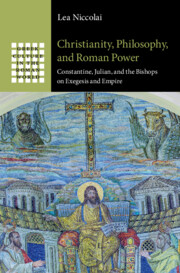While scholars have devoted significant attention to religious institutions’ role in democratization, less attention has been given to their role in autocratization. Moreover, religious economy approaches suggest that religious institutions are flexible to offer whatever is of interest to the marketplace, but here the role the institutions played in the third wave of democratization suggests a stable commitment. I test the impact of religious monopoly and the historical pro-democratizing role on 52 dominant religious institutions’ stances towards autocratic practices related to regime survival in the post-third wave period. Logistic regression models reveal that stronger religious monopolies decrease the probability of opposing regime survival, while the historical pro-democratizing role of the dominant religious groups in the third wave increases the probability. Furthermore, when the religious market is highly monopolized, the commitment to a democratic role in the third wave is weak, and it is strengthened when there is intense religious competition.


